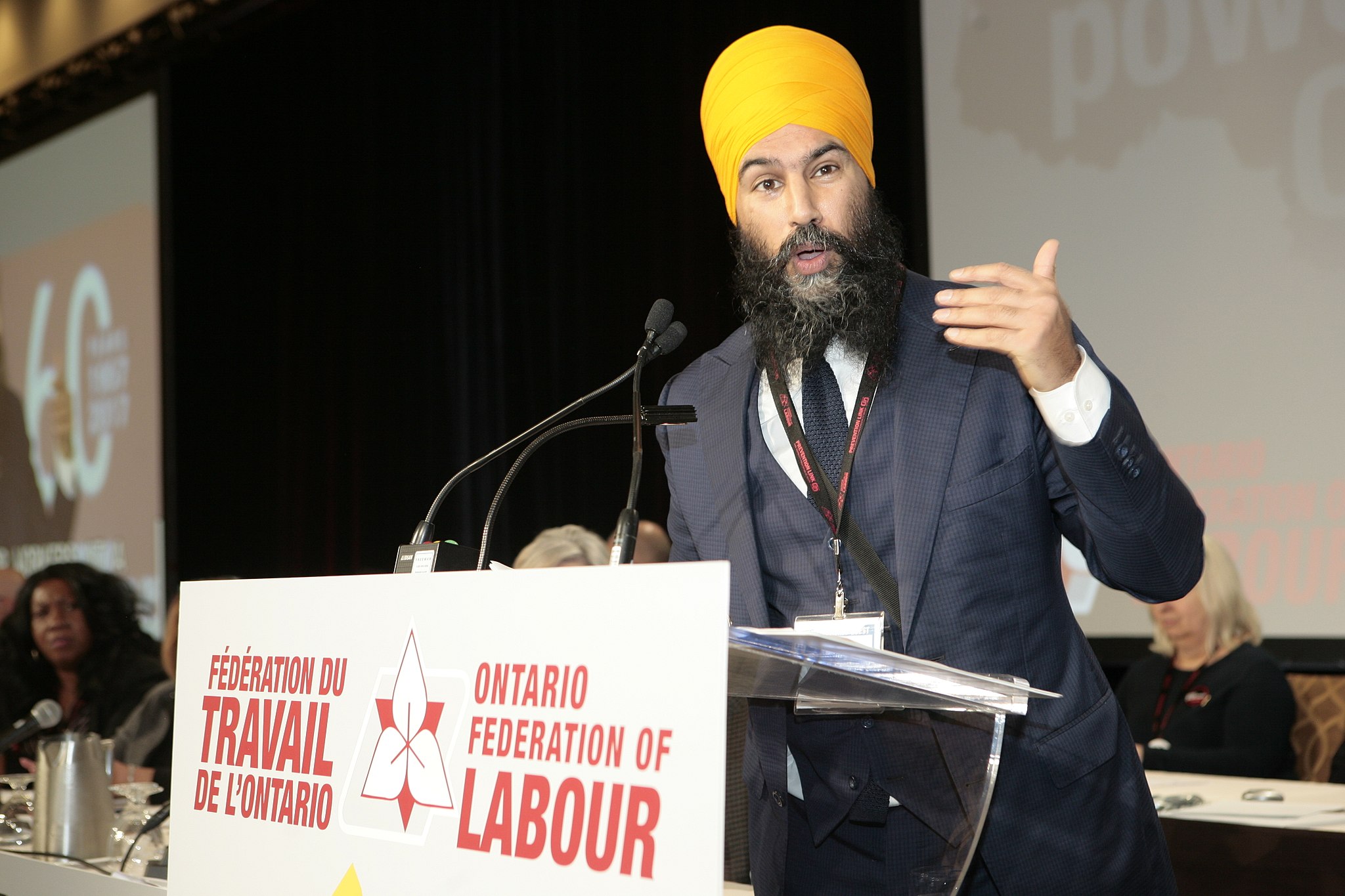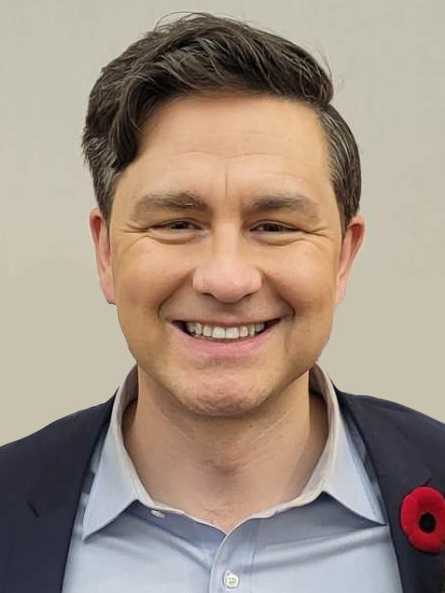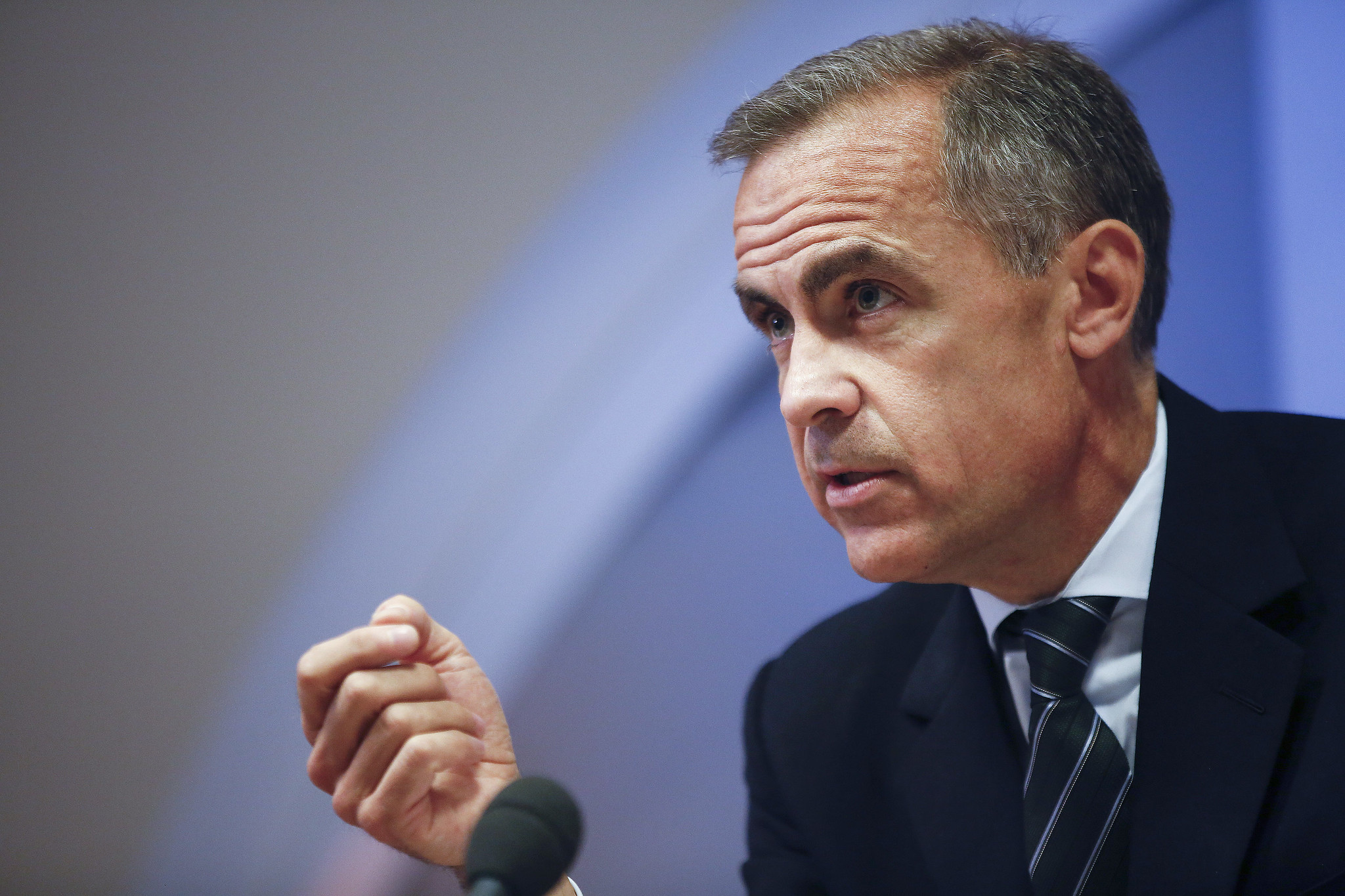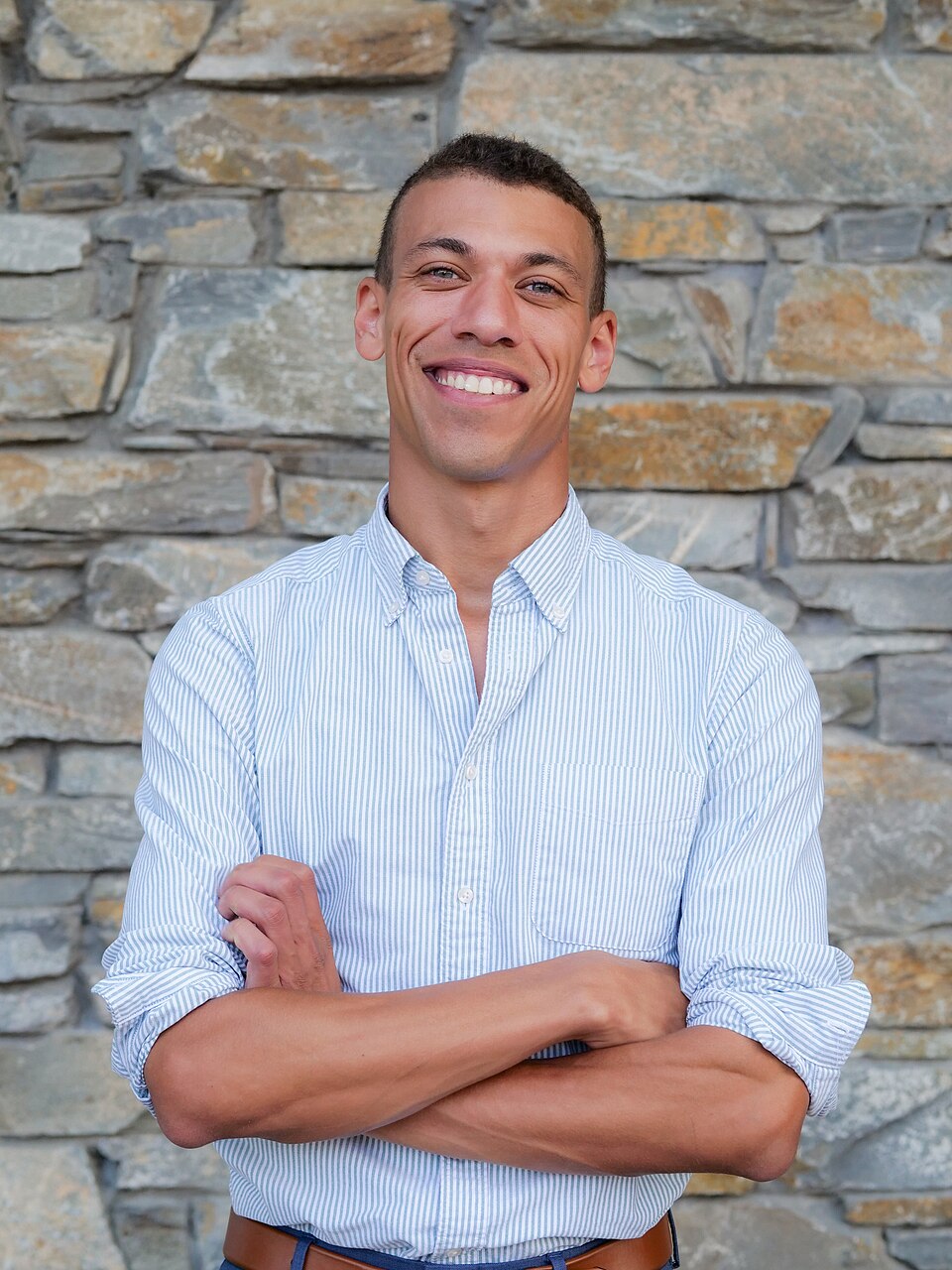Yves-François Blanchet, politician, pundit, artist manager, environmentalist, administrator (born 16 April 1965). Yves-François Blanchet has been the leader of the Bloc Québécois since January 2019 and the Member of Parliament for Beloeil—Chambly since October 2019. Prior to that, he was a Quebec MNA for the riding of Johnson (formerly Drummond) from 2008 to 2014. He also served as minister of the environment in the Parti Québécois government of Pauline Marois from December 2012 to April 2014. Blanchet is a staunch advocate of Quebec nationalism, sovereignty and secularism and of the province’s supply management dairy industry.
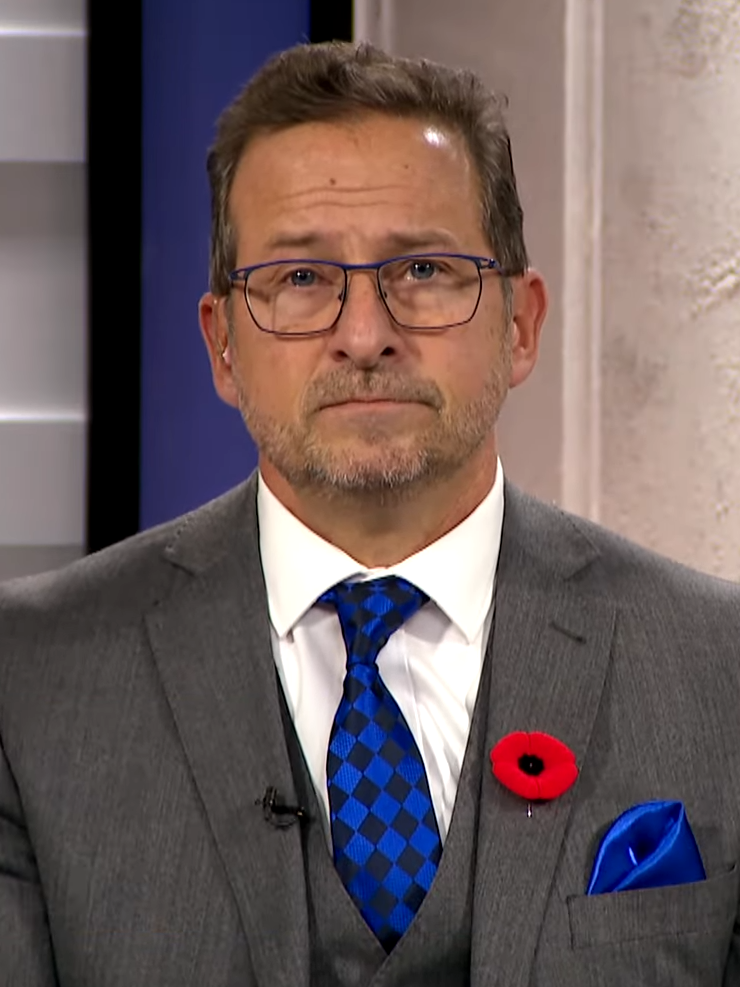
Early Life and Education
Yves-François Blanchet was born and raised in Drummondville, Quebec. His father, Raymond Blanchet, was a technician and lineman for Bell. His mother, Pierrette Bédard, was a nurse, teacher and radio host.
Blanchet attended elementary school in Saint-Germain-de-Grantham and high school in Drummondville. In 1981, he was named a Drummondville Youth Optimist Personality. He graduated with a diploma in humanities from Cégep de Drummondville in 1984. In 1987, he graduated from the Université de Montréal with a bachelor’s degree in history and anthropology.
Politically active and environmentally conscious since his early 20s, Blanchet worked for the Parti Québécois’ national youth committee in 1988 and 1989.
Music Industry Career
In 1990, Yves-François Blanchet was founding president of Diffusion YFB, an artist management firm and record label. It represented noted francophone rock musician Éric Lapointe. Under Blanchet’s tenure, the company and its artists received 10 Félix Awards between 1995 and 2005. While he was still getting his company off the ground in the early 1990s, Blanchet also worked as a teacher.
From 2000 to 2008, Blanchet was a member of the Canadian Music Council, the Ministerial Committee on Culture with SODEC, the board of directors of ADISQ, the RadioStar fund, the Musicaction Foundation, and the Société de gestion collective des droits des producteurs de phonogrammes et de vidéogrammes du Québec (SOPROQ).
From 2003 to 2006, Blanchet served as president of ADISQ, whose mission is to support and promote Quebec’s independent music industry. In 2006, the Drummondville Chamber of Commerce named Blanchet Personality of the Year. He was also the Quebec president of Jour de la Terre (Earth Day) from 2006 to 2008.
Parti Quebecois MNA and Cabinet Minister
Yves-François Blanchet represented the Parti Québécois (PQ), a sovereigntist and social democratic party, in the Centre-du-Québec riding of Drummond (2008–12). In 2012, he was re-elected in the newly redistricted riding of Johnson.
In the Parti Québécois government of Pauline Marois, Blanchet was vice-chair of the Committee on Culture and Education and served as chief government whip. From December 2012 to April 2014, he was minister of sustainable development, environment, wildlife and parks of Quebec.
Career after Provincial Politics
After losing his seat in the 2014 Quebec election, Yves-François Blanchet founded the short-lived news website TAG.média. He also became a political pundit for television and print and hosted a radio program in Trois-Rivières.
Bloc Québécois Leader, 2019–21
Yves-François Blanchet ran uncontested for the leadership of the Bloc Québécois (BQ) and was acclaimed as leader in January 2019. Under his leadership, the Bloc emphasized Quebec nationalism (rather than sovereignty) and environmental protections. The party also supported Quebec’s controversial and secularist Bill 21. It bans some public sector employees from wearing religious symbols at work. This includes Muslim hijabs, Sikh turbans and Jewish kippahs. During a French-language debate for the 2019 federal election, Blanchet was criticized for urging Quebecers to vote for candidates “qui vous ressemblent” (a phrase that can be translated as “who look like you” or “who are like you”). The Bloc also supported environmental protections, including opposition to pipelines.
Under Blanchet’s leadership, the Bloc won 32 seats in the federal election on 21 October 2019. The BQ reclaimed official party status and finished third overall, leapfrogging the NDP. Blanchet also won the riding of Beloeil-Chambly with more than 50 percent of the vote.
Blanchet and the Bloc helped Prime Minister Justin Trudeau keep his first minority government in power by supporting the online content regulations legislation Bill C-10, as well as an extension of the federal wage subsidy to support Canadians during the COVID-19 pandemic.
The results in the 2021 election were virtually identical for Blanchet and the Bloc. The party again won 32 seats and Blanchet won re-election in his riding with over 50 per cent of the vote.
Bloc Québécois Leader, 2022–25
Hopes that Justin Trudeau’s second minority government might crumble quickly were tempered by the supply-and-confidence agreement that the Liberals struck with the NDP in March 2022. The NDP agreed to support the Liberal government in all confidence motions until June 2025.
In a leadership confidence vote held by the BQ in May 2023, Yves-François Blanchet won 97 per cent approval. He saw the results as a vote of confidence in the party’s main goal: Quebec sovereignty. “The vote of confidence is not about me, it's about all of us,” he said. “The vote of confidence, because it has the word'confidence,' must be about Quebec… about the responsibility we have to our citizens to become a country.”
When NDP leader Jagmeet Singh terminated the supply-and-confidence agreement in September 2024, Blanchet took the opportunity to seize the balance of power. He offered to keep the Trudeau government in power in exchange for the passage of bills that would increase pension payments for seniors and protect Quebec’s supply management system in future trade talks.
With Canada in the grip of a post-pandemic malaise and worsening inflation, the Liberals and NDP sank in public opinion polls. By the end of the year, polls put the BQ in second place behind the Conservatives, with between 8 and 11 per cent of the national vote. On 27 December, 338Canada determined that if the election were held then, the Bloc would form the Official Opposition with 45 seats, compared to 39 for the Liberals and 25 for the NDP.
2025 Federal Election
However, Canada’s political deck of cards was reshuffled significantly in early 2025. On 6 January, a beleaguered Trudeau announced his resignation and prorogued Parliament. As a result, Yves-François Blanchet’s pension bill and supply management bill both came to a halt. Two weeks later, newly inaugurated US president Donald Trump began his second term by threatening a trade war with Canada with the stated goal of annexing it as the 51st state. Nationalism in Canada soared and concerns over the country’s sovereignty grew.
By 23 March 2025, when new Liberal leader and prime minister Mark Carney called a snap election for 28 April, many progressive voters were already consolidating behind the resuscitated Liberals. By 22 April, the Bloc was polling at 6 per cent support, and 338Canada projected the party to finish third with 23 seats. Most troubling for Blanchet and the Bloc, support for Quebec sovereignty dropped to 29 per cent — the lowest level in years — while support in Quebec for Canada’s sovereignty surged. An Angus Reid poll found that the percentage of Quebecers who said they are “proud or very proud to be Canadian” increased from 45 per cent in December 2024 to 58 per cent in February 2025.
In the campaign’s final days, Blanchet attempted to reverse the tide and rally support for Quebec’s interests. Responding to a question about his earlier statement that the House of Commons is “a foreign parliament because this nation is not mine,” Blanchet doubled down. He called Canada “an artificial country with very little meaning,” language that echoed Donald Trump’s false claims that Canada has an “artificial” border with the US and is “not a real country.” Blanchet also suggested that Justin Trudeau implied the same thing about Canada in 2015 when he referred to it as a “post-national state.” Many observers were highly critical of Blanchet’s comments. Nova Scotia premier Tim Houston wrote an open letter to Blanchet expressing “how insulting this statement is to all Canadians and to our great nation.”
When election day came, the advance polls proved accurate. The Bloc received 6.3 per cent of the national vote and won 23 seats — good for third place in the House. Blanchet handily won re-election in his riding with just under 50 per cent of the vote. With the Liberal Party falling a few seats short of a majority government, Blanchet and the Bloc were also in a position to hold the balance of power. The day after the election, he said, “Quebec wants stability. Federalist parties and our party… should be working together in this crisis. We should not threaten to overthrow the government anytime soon.” He also said that his party would collaborate with the Liberal government “for at least a year.”
(See also Separatism in Canada; Francophone Nationalism in Quebec.)

 Share on Facebook
Share on Facebook Share on X
Share on X Share by Email
Share by Email Share on Google Classroom
Share on Google Classroom




